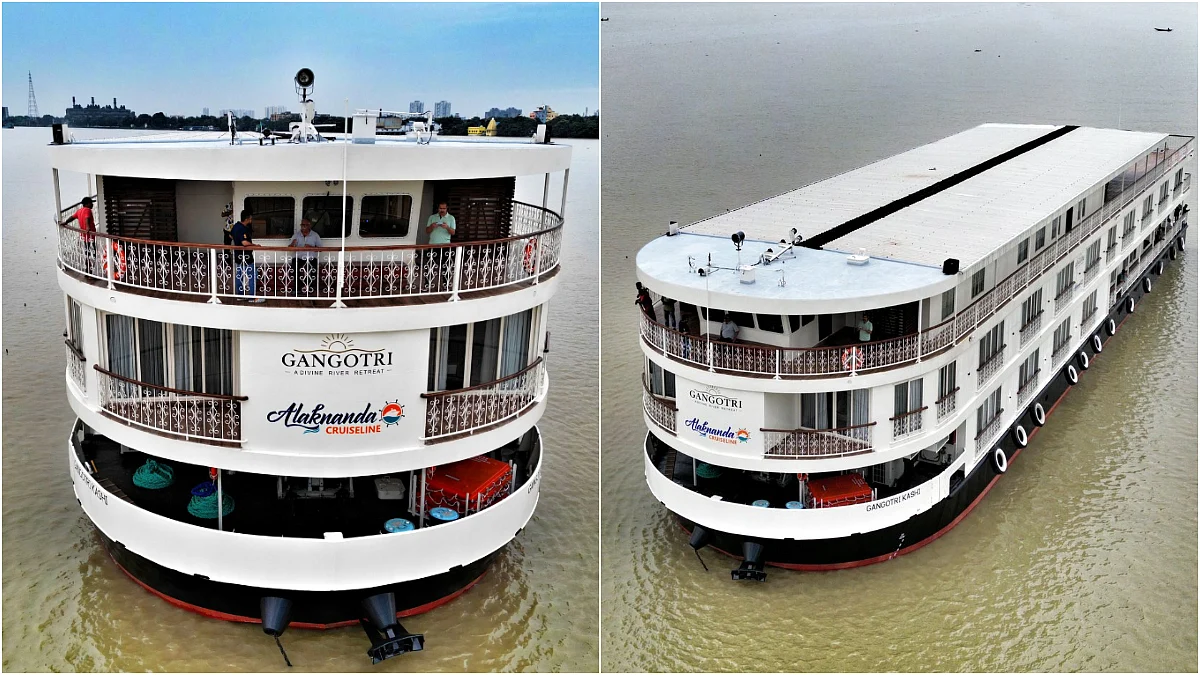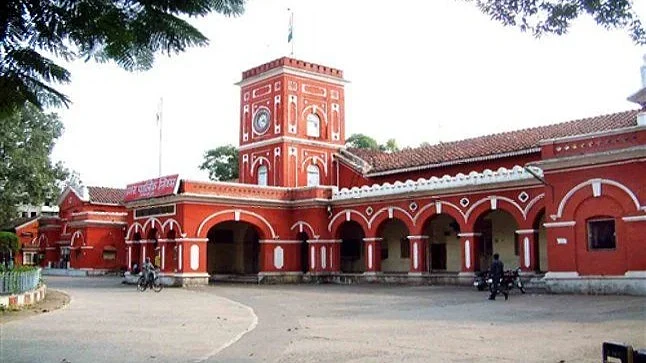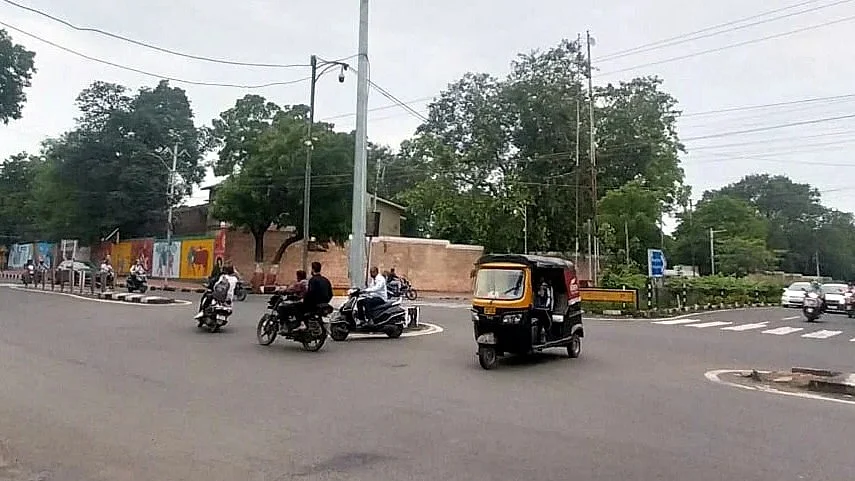Bhopal (Madhya Pradesh): The Bhopal Municipal Corporation (BMC) has collected over ₹3 crore over the past three years as a security deposit from those seeking building construction permission—ostensibly to promote rainwater harvesting. However, not a single system has been installed through these funds so far.
Under the Land Development Rules, 2012, applicants for building permission must deposit a rainwater harvesting installation security fee. This is meant to be a refundable amount, returned once the applicant installs the rainwater harvesting system and submits proof to BMC.
In practice, however, most property owners do not claim the refund, and the corporation has failed to act on the unclaimed funds. Despite collecting ₹1.07 crore in 2022–23, ₹80.48 lakh in 2023–24, and ₹1.16 crore in 2024–25, BMC has done nothing to implement or promote rainwater harvesting using this money.
Experts said that in a city frequently facing water shortages, this failure undermines a crucial environmental initiative. It has also sparked concern over transparency and accountability in fund utilisation.
Indore model better
In contrast, the Indore Municipal Corporation has taken proactive steps to ensure that systems are actually installed. The civic body monitors compliance and refunds the security deposit to property owners who implement rainwater harvesting system themselves.
BMC admits failure
BMC City Planner Anoop Goyal admitted the failure, saying few building owners return to claim their deposits even after fulfilling the rainwater harvesting requirement.
He told Free Press that it is mandatory under municipal rules for buildings above 140 square feet to have such system. Goyal said that the corporation used to run annual awareness campaigns to promote rainwater harvesting.
What the system does
Rainwater harvesting is a water conservation technique where rainwater is collected and stored for future use. It helps recharge groundwater level, improving yield of wells and pumps. Typically, water is collected from rooftops and stored in tanks or pits, making it particularly beneficial in water-scarce regions.











